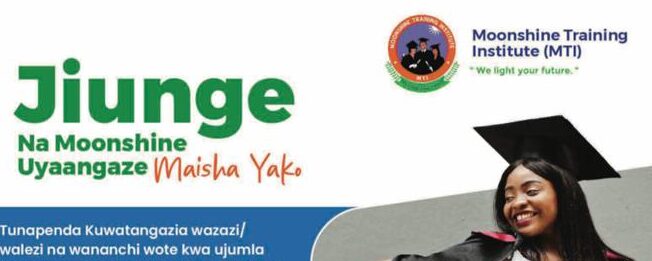
It’s about three weeks since President Pierre Nkurunziza of Burundi was sworn in for another five-year term in office. We would have expected the country to return to normalcy and its leaders to embark on development and start delivering on their campaign promises.
However, everyone will tell you that unless dialogue is given priority and warring parties “forced†to talk peace, mass violence is inevitable.
There is evidence all over: From armed militias to targeted killings of prominent individuals to hardening of positions on each side to the realisation that while Nkurunziza “won†a controversial “third†term and is now projecting his continued rule as fait accompli, his government doesn’t have the monopoly over the use of violence nor is the army or the police unified to guarantee sustainable peace.
Considering that the country has a history of violence, a refugee problem and recent attempts by some to redefine the problem away from the original alleged illegitimacy of the Nkurunziza third term to ethicising it, the danger for mass violence is real. And, as the chairperson of the African Union Commission Nkosazana Dlamini Zuma has argued, unless the situation is arrested, the region will suffer the consequences.
So what should be done and who should do it?
The government and its supporters argue that President Nkurunziza was legitimately elected, therefore, the opposition should accept the “will of the people†and move on. The opposition, on the other hand, insist that Nkurunziza’s election was illegitimate; he should resign.
And, of course, the African Union, regional leaders and the international community have urged dialogue — although no one has clearly spelled out what the agenda could be and the expected outcome.
For me, only peacemaking with muscle can help. “Peacemaking with muscle†would mean that mediators make it clear to both sides that the cost of non-compliance would far exceed talking peace.
In practice, this would mean rewarding noncompliance with targeted sanctions and as it stands, donors are already prepared to play their part with organisations like GIZ suspending aid and others withholding it.
With regional leaders on board and speaking with one voice, protagonists would have one choice: Talking peace and sharing power with Nkurunziza leading the transition but promising not to run for the presidency again.
This would by far succeed to bring peace not only because Burundi can’t survive without regional support, but there is a precedent to this: Had it not been for such an approach, neither Nelson Mandela nor Julius Nyerere would have succeeded in bringing peace to that country.
With regional leaders’ support, Nyerere reportedly once told president Pierre Buyoya when he was dragging his feet on the peace deal after the coup of 1996, “Behave or else!â€
Then Nyerere assured him: “I’m not going to assume you are completely in control. I don’t think we can help you by being nice to the others around you.†This is the kind of message president Nkurunziza needs to be given.
With regard to who can help Burundi’s leaders resolve their differences peacefully, there seems to be a consensus among world players that it should be African leaders, particularly EAC leaders.
It’s perhaps with this understanding that the EAC has been at the forefront of trying to resolve the standoff since the eruption of violence in April. It’s also this process that led to the appointment of President Yoweri Museveni of Uganda by his East African counterparts in July.
Despite President Museveni’s appointment more than a month ago, not much has been done. Instead, there seems to be an escalation in the conflict with more people killed, some Rwandan citizens’ arrested and the opposition regrouping to form a united opposition in Addis Ababa called “National Council for the Restoration of the Arusha Accords and the Rule of Law.â€
There might be differences between EAC leaders on how to handle President Nkurunziza, but it will be a betrayal of the people of Burundi, and the Pan-African spirit of finding “African solutions to African problems†if Burundi is left to degenerate into mass violence.
Dr Christopher Kayumba, PhD, is a senior lecturer at the School of Journalism, the University of Rwanda, and managing consultant at MGC Consult. E-mail: kkkayumba@yahoo.com; Twitter: @CKayumba
OP The East African



Recent Comments